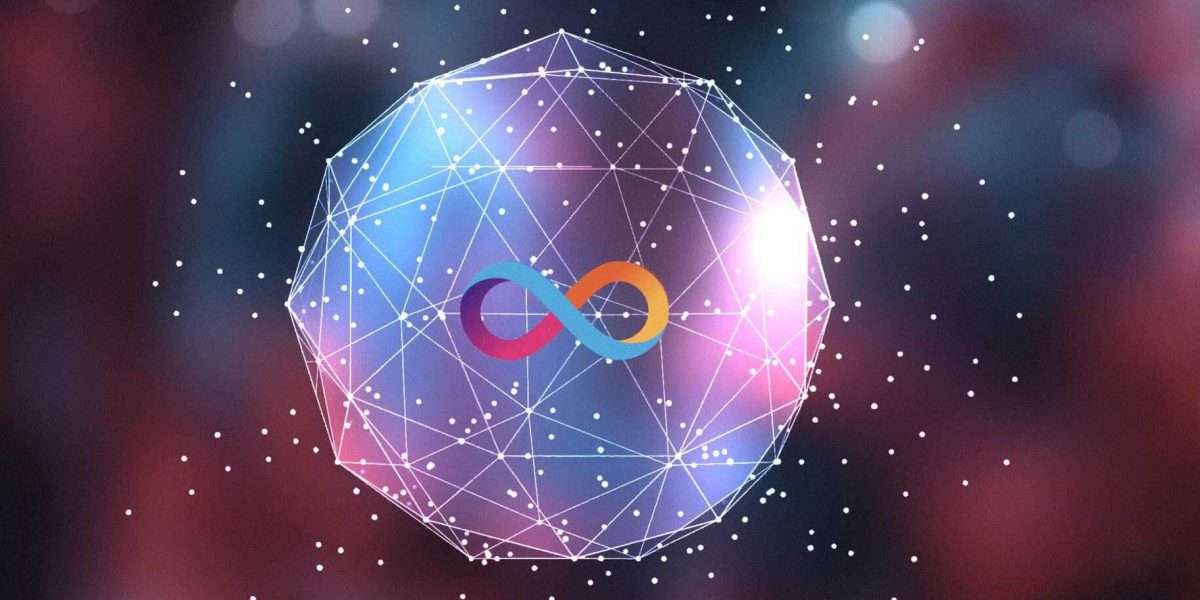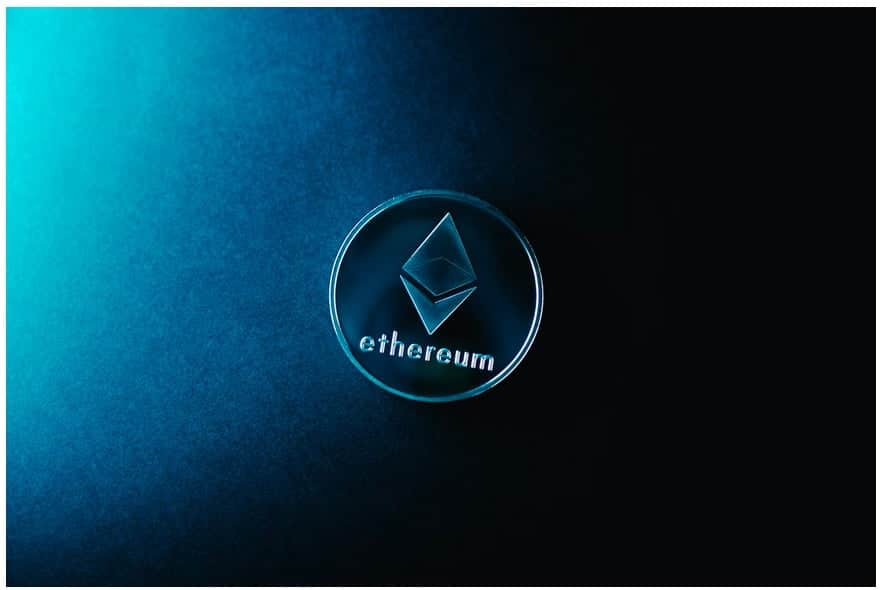
- The Internet Computer (ICP) is the project everyone is talking about now after it shot past XRP, Cardano and Tether to join the top five largest cryptos by market cap before retracing.
- The crypto launched just four days ago after five years of development by Dfinity and aims to replace the multi-trillion-dollar internet, with unbounded capacity and smart contracts.
You have most probably noticed that there’s a new member in the top ten cryptocurrencies by market capitalization. Going by the name Internet Computer (ICP), the project has taken the charts by storm. ICP is now the eighth-largest crypto, trading at $400 and with a market cap of $49 billion. This is just $2 billion below XRP and $14 billion bigger than Polkadot. Just a few hours ago, it was in the top five and was bigger than Tether and XRP.
So, what is Internet Computer?
It may be the newest project in the market right now, but ICP has been in development for the past five years. And while many crypto users are only learning about the project this week, it launched its mainnet quietly on December 18 last year.
Internet Computer is the product of Dfinity Foundation, the Zug, Switzerland-based organization headed by Dominic Williams. Williams and his team have been developing ICP since 2016.
In a recent interview, he described Internet Computer, “This is a completely new platform. This is a public platform, it’s an extension of the internet. And, you know, eventually, we’re chasing blockchain singularity.”
In a May 6 blog post, Dfinity further defined ICP as “the world’s first fully adaptive blockchain.” It added:
This is the first time in history when a decentralized infrastructure will self-direct with the aim of competing with proprietary centralized infrastructures run by commercial organizations with leaders and boards.
In essence, Internet Computer is a layer-1 blockchain project that aims to combine the great capability of the Internet as we know it with the next-generation functionalities of smart contracts. It does this by aggregating the computing capacity of special node machines around the world into a single decentralized global computer. These machines are run by independent parties. In doing so, Internet Computer aims to create a vast and unlimited virtual machine.
But doesn’t Ethereum already strive to do this? Well, yes it does. However, Internet Computer will run within an environment that has unbounded capacity and operate at web speed, according to its developers. Despite the comparisons with Ethereum, Williams has sought to clarify that he’s not out to build an Ethereum killer.
Help me get this out 🙂
* Yes, the Internet Computer IS a blockchain
* It has nothing to do with cloud (but, yes, smart contracts run at web speed, with unlimited capacity)
* Smart contracts will rule the world
* Not an "Ethereum-killer".
* Something new
Tick tock…
— Dominic Williams ∞ (@dominic_w) May 9, 2021
What makes Internet Computer unique?
Yet another key differentiator between the Internet Computer and Ethereum is the former’s use of Chain Key technology. This is a 48-byte public chain key that renders old blocks unnecessary, allowing the Internet Computer to operate at web speed. According to Dfinity, Chain Key enables any device to verify “the authenticity of artifacts generated by the Internet Computer.”
Chain Key allows ICP to update smart contracts in 2 seconds, a great improvement from Ethereum. However, this alone wouldn’t be enough to allow it to compete with the Internet’s speed. It has thus split smart contract function execution into two – update calls and query calls.
Update calls are finalized in 1-2 seconds, depending on the time it takes to produce a new block. These are the kind of calls that already exist on some of today’s advanced blockchain networks. Query calls, on the other hand, are different, in that any change they make to state is discarded immediately after they execute. This allows query calls to execute in milliseconds.
The Internet Computer network runs under the full control of the Network Nervous System (NNS). NNS is a decentralized governance system powered by ICP tokens. Anyone with these tokens can submit a proposal and if the other token holders support it, it’s executed immediately. To participate, users must stake their ICP tokens to create neurons, which allow them to participate in creating and voting for proposals.
ICP also comes with its own interface description language (IDL) – Candid. This language enables application interfaces to facilitate communication between services written in different programming languages. Candid allows developers to seamlessly build services on ICP that rely on each other without worrying about interface upgrades.
Shooting into the top five
ICP has visibly excited the market, so much so that it has taken four days to overtake Cardano, XRP and Tether. AT press time, it had retraced and was the eighth-largest crypto.

The crypto has received immediate support from the industry’s largest exchange, further boosting its appeal. Coinbase, Binance, OKEx, Gate.io, Huobi and Bibox have all listed the crypto.
Internet Computer (ICP) is launching on https://t.co/bCG11KMQ6s and in the iOS and Android apps within the next 15 minutes. You may need to refresh your app to properly buy, sell, convert, send, receive or store ICP. We will update when ICP is fully live. https://t.co/kZcAuhTebN
— Coinbase (@coinbase) May 10, 2021
Subscribe to our daily newsletter!
No spam, no lies, only insights. You can unsubscribe at any time.




